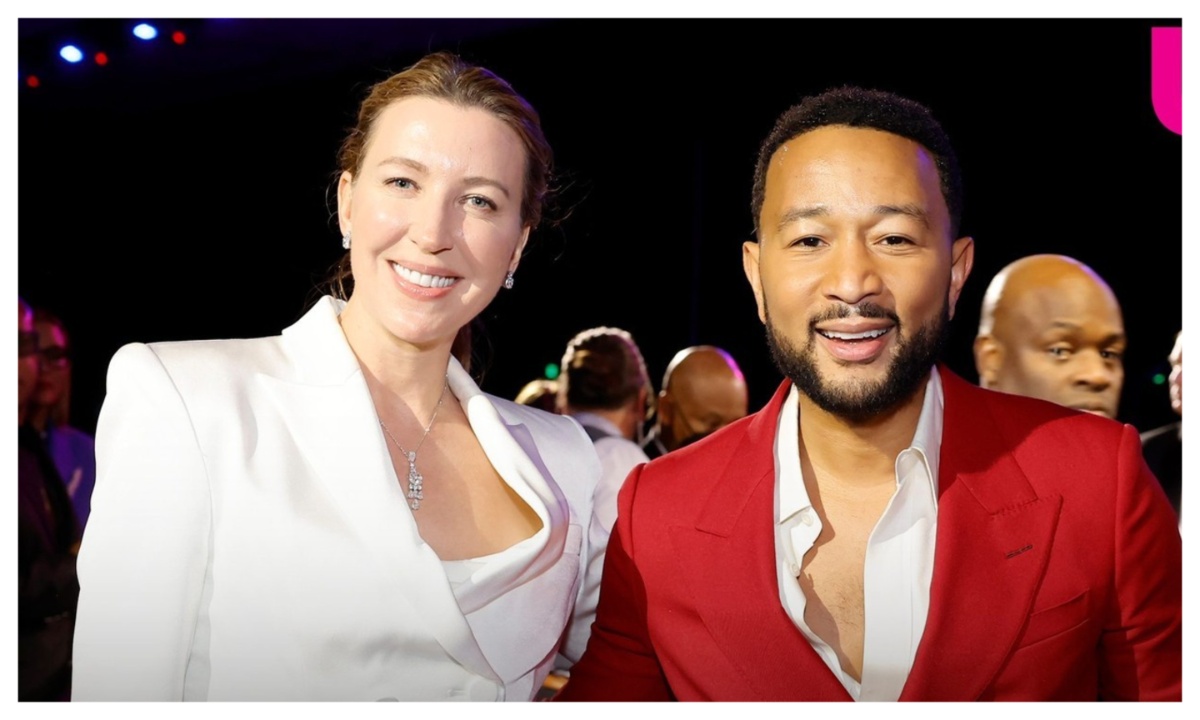John Legend’s manager, Ty Stiklorius, has recalled a “terrifying” experience when she once attended a party organized by embattled singer Sean “Diddy” Combs.
In a recent opinion piece in the New York Times, she chronicled feeling “trapped” by one of Diddy’s friends at the event in 1997 but managing to escape.
“Twenty-seven years ago, I was on a family vacation in the Caribbean, and my brother and I finagled our way into a New Year’s Eve party on a yacht docked at St. Barts.
“I was a recent college graduate and it was hard not to be overwhelmed by the slew of boldface names onboard. But the sheen of the situation wore off quickly,” Stiklorius wrote.
Stiklorius explained that she was “directed into a bedroom by a man who seemed to be an associate of the party’s host, Sean ‘Puffy’ Combs,” that she thought was a disco room.
“To this day, I can’t remember how I managed to talk my way out of that terrifying situation…Perhaps my nervous babbling — ‘My brother’s on this boat, and he’s probably looking for me!’ — convinced him to unlock the bedroom door and let me go,” she noted.
The manager added that news about Diddy’s recent indictment brought back memories of the incident on the yacht.”
“I do now know, after 20 years as a music industry executive, that what happened that night was no aberration — it was an indicator of a pervasive culture in the music industry that actively fostered sexual misconduct and exploited the lives and bodies of those hoping to make it in the business,” Stiklorius added.
According to her, the power structure in the music industry allowed wealthy, entitled male gatekeepers to dominate pathways to success.
She claimed that women, especially, face dangers in studios, tour buses, and offices, which she believes are “deeply ingrained” into the industry’s culture.
“But there is hope — we might finally be on the cusp of real change in the culture of the industry, thanks to shifts in the business model that have loosened the grip of exploitative gatekeepers,” she said, referring to how technology has allowed people to put out their won works without necessarily going through an industry boss.





